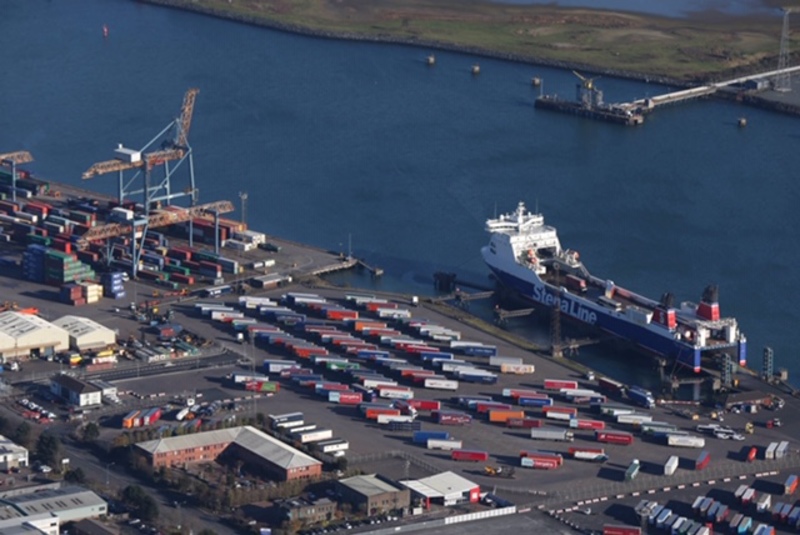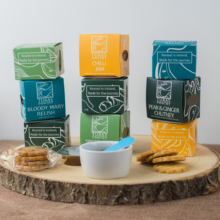Britain remains key to continuing growth of food and drink

Great Britain remains the largest market for the Northern Ireland food and drinks processing sector with sales increasing to £2,337.1 million and representing 49 per cent of total sales in 2017, according to a report from the Department of Agriculture, Environment and Rural Affairs (DAERA). The report comes as fears grow over a post-Brexit influx of food and drink from outside the British Isles.
Ireland, the report said, is “the most important export destination and accounted for £716 million in 2017; 15 per cent of total sales”.
In 2017, the size of value of the Northern Ireland domestic market was smaller than those markets outside of the UK.
The sector contributed 33 per cent of external sales, 22 per cent of export sales and 32 per cent of total sales in the Northern Ireland manufacturing industry in 2017. The sector’s proportion of total manufacturing. employment increased to 30 per cent.
The total number of direct employees in the sector rose by 5 per cent from 22,539 full-time employee equivalents in 2016 to 23,641 full-time employee equivalents in 2017. Direct employment in 2018 is estimated to increase by 5 per cent to 24,818 full-time employee equivalents.
The department published the figures in its annual report, ‘Size and Performance of the Northern Ireland Food and Drinks Processing Sector, Subsector Statistics’.
The report contains comprehensive data on the values of sales, exports, value added and number of employees for each of the ten constituent subsectors of the food and drinks processing sector for 2016 and 2017.








